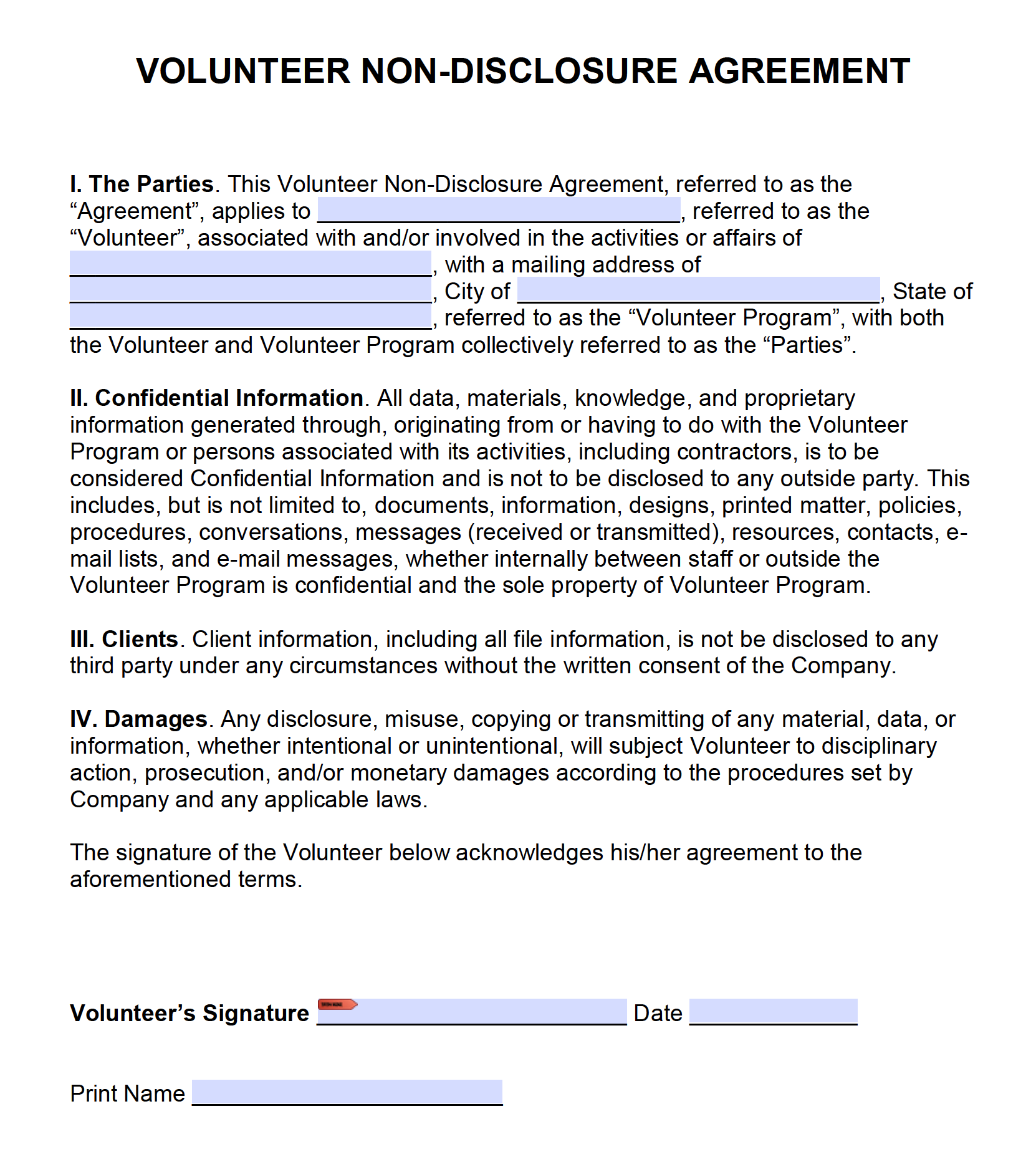Corporate Voluntary Agreement (CVA): Definition and Business Applications.
Corporate Voluntary Agreement (CVA): Definition and Business Applications.
Blog Article
Revealing the Legal Structure and Ideal Practices for Corporate Voluntary Contracts
In the facility landscape of business arrangements, comprehending the lawful framework and adopting best practices for volunteer arrangements is paramount for businesses aiming to navigate efficiently through collaborative ventures. As we dive right into the ins and outs of corporate voluntary contracts, revealing the nuances of the legal structure and best methods will lose light on the pathways to mutually valuable and effective agreements in the business world.
Legal Needs for Voluntary Arrangements

In addition, transparency and justness are key concepts that should underpin business volunteer contracts. Events should divulge all pertinent info truthfully and act in good faith throughout the arrangement and implementation procedure. Additionally, compliance with relevant laws and guidelines is paramount to guarantee that the agreement is lawful and in accordance with the lawful framework controling business activities.
Secret Elements of Corporate Agreements

Ideal Practices in Contract Settlements
Reliable settlement strategies are critical in attaining equally helpful results in corporate arrangements. The first finest practice in agreement negotiations is to perform complete study and prep work before entering right into discussions. Understanding the requirements, objectives, and prospective issues of all events involved can help in crafting a much more reliable arrangement method. In addition, it is vital to develop clear interaction networks and keep professionalism and reliability throughout the settlement procedure.
Another finest practice is to focus on adaptability and imagination when discovering prospective solutions. Being open to alternative choices and ready to endanger can lead to more cutting-edge and sustainable contracts. It is likewise vital to actively pay attention to the point of views of the various other celebrations and seek commonalities to construct trust and rapport.
In addition, establishing clear objectives and limits from the start can assist in maintaining emphasis and instructions throughout settlements. corporate voluntary agreement. Establishing a timeline and structure for decision-making can likewise add to a much more effective and effective negotiation process. Finally, recording all agreements and making certain that they are lawfully seem can assist stop misconceptions and conflicts in the future.
Making Certain Conformity and Openness
Guaranteeing conformity with lawful laws and maintaining openness in corporate agreements is vital for promoting count on and accountability among all celebrations involved. Conformity ensures that all events comply with the agreed-upon terms, reducing the danger of disputes and lawful effects. Openness, on the other hand, advertises open communication and understanding, enabling stakeholders to make educated decisions and assess the arrangement's justness.
To make sure conformity and openness, business voluntary arrangements should lay out clear standards, obligations, and reporting systems. Routine surveillance and analysis processes can help track progression and address any kind of discrepancies without delay. Additionally, developing independent oversight systems and involving pertinent stakeholders in the surveillance process can improve trustworthiness and legitimacy.
Moreover, companies ought to prioritize training and capacity-building efforts to make sure that staff members Full Article comprehend their functions and responsibilities within the contract. Supplying easily accessible channels for reporting worries or violations can encourage whistleblowing and early intervention, even more strengthening conformity and transparency initiatives. Ultimately, upholding these concepts can bring about equally helpful and sustainable end results for all parties included in company volunteer arrangements.
Techniques for Successful Cooperations
Successful collaborations in corporate voluntary agreements commonly hinge on tactical preparation and reliable interaction amongst stakeholders. This entails specifying the scope of the contract, laying out each event's duties, and establishing quantifiable targets to track progress.
An additional vital technique is to cultivate a sense of trust and transparency among all stakeholders - corporate voluntary agreement. Open and truthful interaction is important in constructing strong relationships and resolving any type of problems that may emerge during the partnership procedure. Routine conferences and progress updates can aid preserve momentum and address any kind of concerns before they rise
Moreover, it is necessary to allocate sources successfully and ensure that all parties have the required support to accomplish their responsibilities. This may entail giving training, accessibility to appropriate data, or financial assistance where needed. By carrying out these techniques, companies can increase the likelihood of effective cooperations in corporate voluntary contracts.
Verdict
In verdict, recognizing the legal structure and ideal techniques for company voluntary arrangements is crucial for successful cooperations. By adhering to lawful requirements, including essential elements, and discussing contracts properly, business can guarantee conformity and transparency in their volunteer agreements. Implementing these techniques can cause equally helpful partnerships and add to lasting service methods.
In the facility landscape of corporate contracts, recognizing the lawful structure and adopting finest practices for voluntary arrangements is paramount for companies aiming to browse effectively via collaborative ventures. From legal demands that underpin the credibility of such agreements to the vital components that elevate corporate contracts to a level of toughness and effectiveness, there is a deepness of understanding that can dramatically influence the outcomes of these arrangements. As we dive right into the complexities of business volunteer arrangements, revealing the subtleties of the legal framework and ideal techniques will certainly lose light on the paths to effective and mutually helpful agreements in the corporate world.
Key parts of company arrangements commonly consist of the recognition of the parties included, a clear statement of the purpose of the contract, the range of the obligations and duties of each party, the duration of the arrangement, and any provisions for discontinuation or adjustment. Additionally, a well-structured corporate contract needs to describe the certain goals and objectives to be achieved, the sources and support needed from this content each party, devices for monitoring and assessing progress, as well as procedures for dealing with disputes or addressing Recommended Reading breaches of the contract.
Report this page